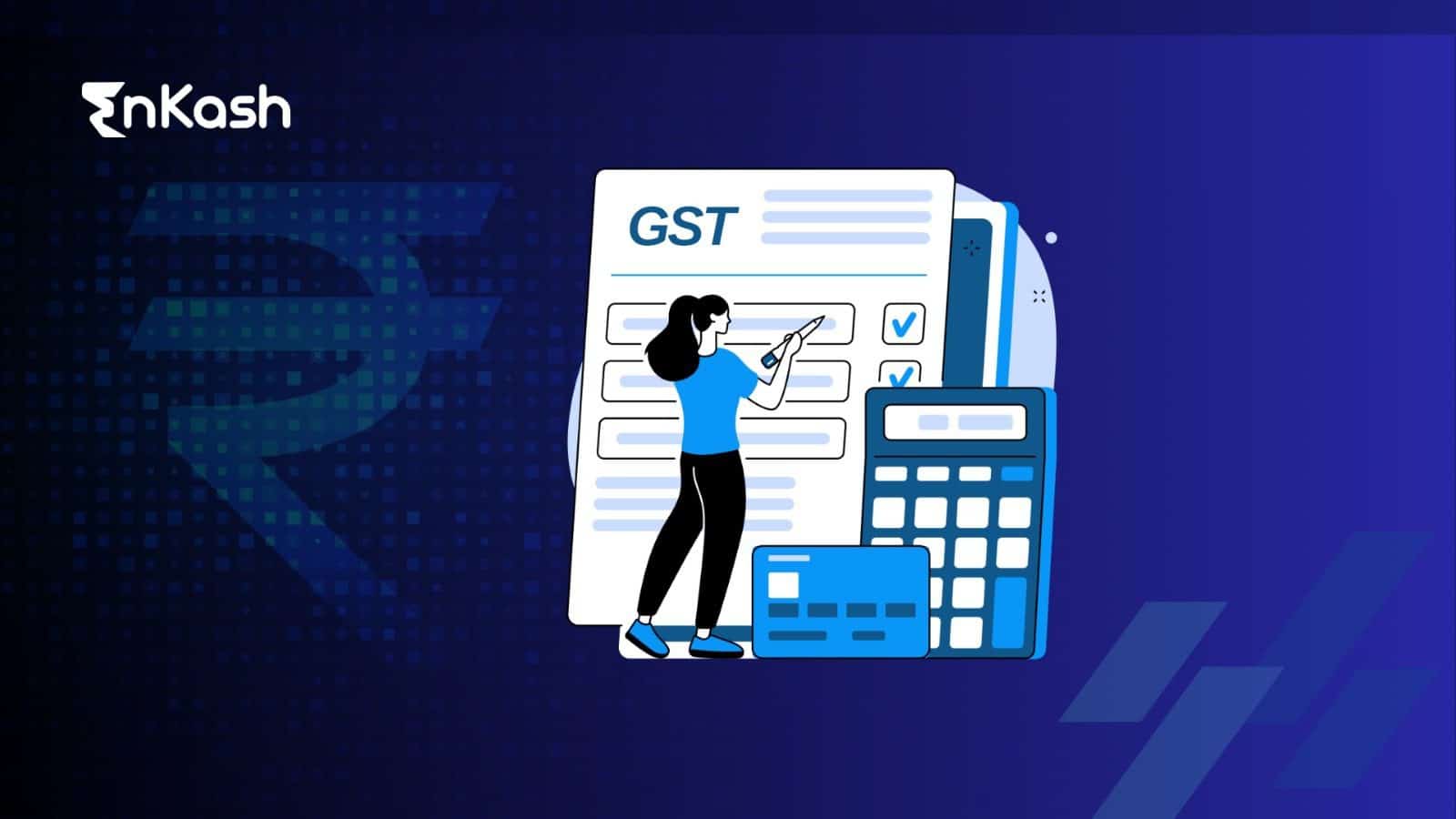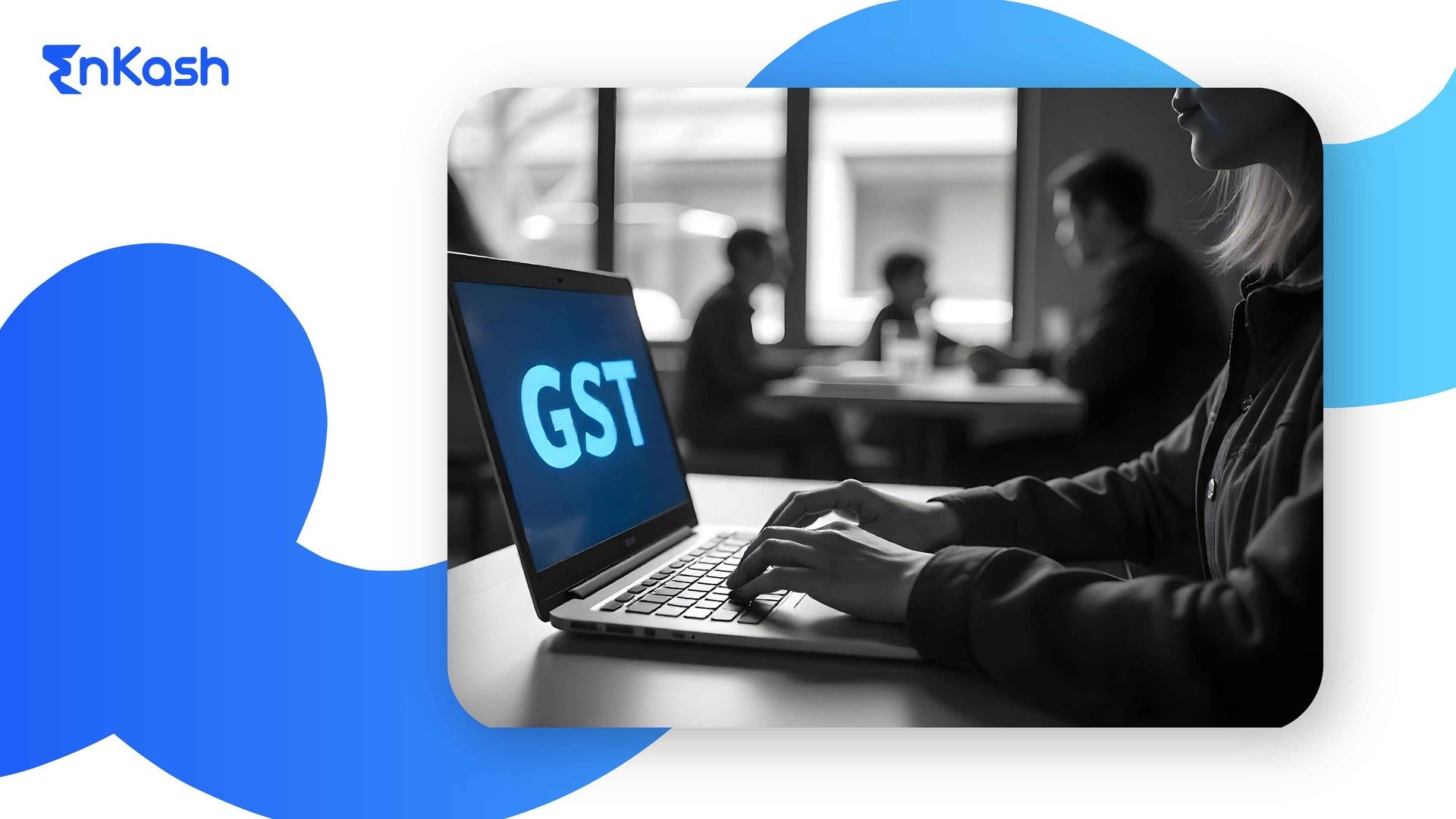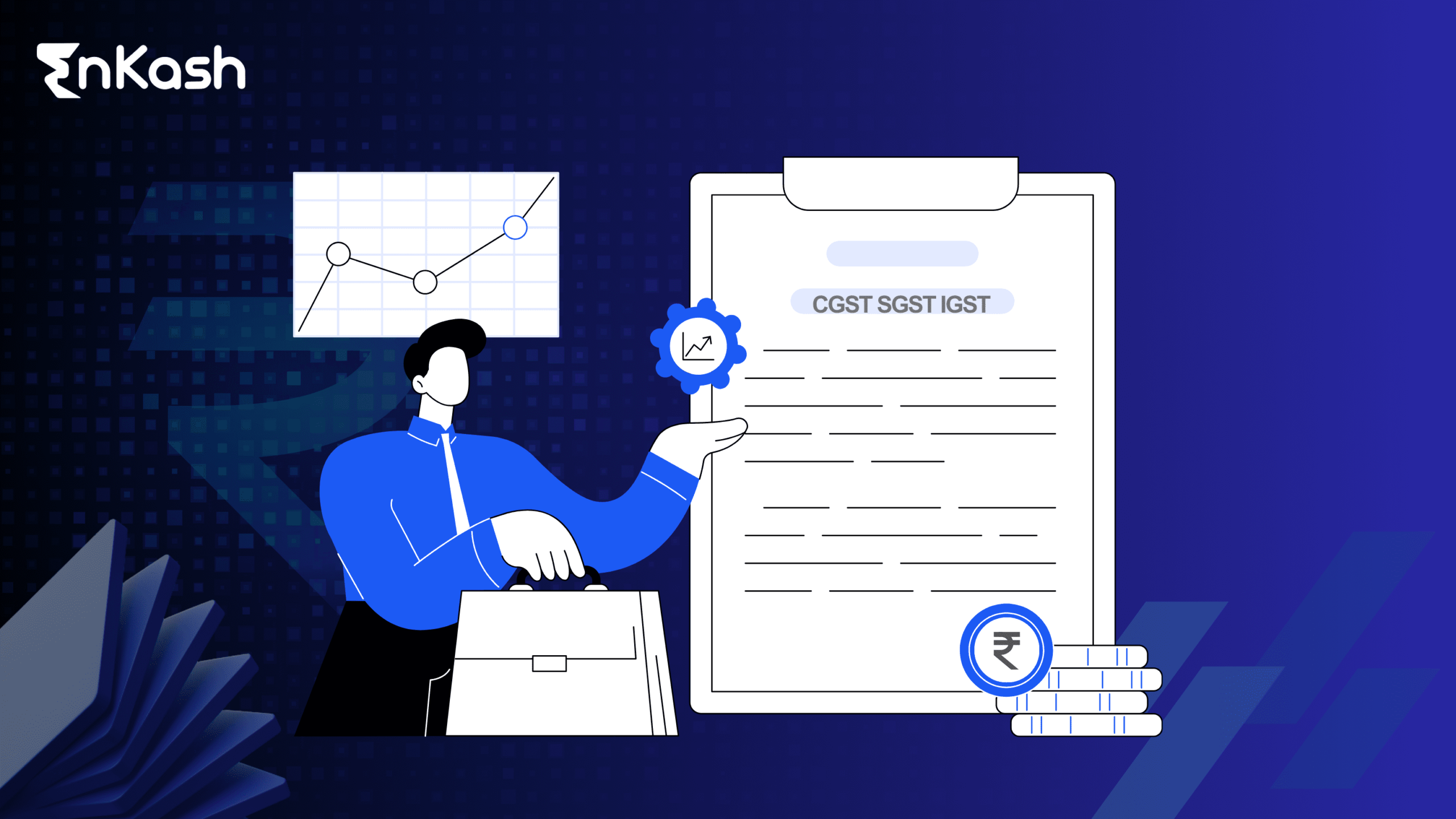The introduction of the Goods and Services Tax (GST) system in India marked a pivotal moment in the country’s taxation landscape. This comprehensive tax reform not only streamlined the tax collection process but also played a significant role in fostering economic growth. Yet, in the world of GST, not all goods and services are created equal. Some enjoy a unique status known as GST exemption, granting them respite from the typical tax structures that govern most products and services. This article delves into the concept of GST exemption and offers insights into the extensive list of goods and services that fall under this category. We will explore the fundamental questions: What is a GST Exemption, and how does it shape the Indian tax landscape? Let’s embark on a journey to uncover the nuances of this significant tax provision and its impact on consumers and businesses nationwide.
What is a GST Exemption?
A GST exemption is a provision in the GST framework that relieves certain goods and services from the burden of this consumption-based tax. In essence, it entails a waiver or reduction in the GST rates that apply to most products and services, thus offering a reprieve to both consumers and businesses. GST exemptions aim to maintain the affordability of essential items and reduce the tax burden on specific categories of goods and services.
What is Exempt Supply?
Before delving into the types of exemption in GST and the list of exempted goods and services, it’s essential to understand the concept of exempt supply under GST. Exempt supply refers to the transactions involving goods or services that are not subject to GST. In simpler terms, there is no GST liability on the supply of exempted goods and services. This is in contrast to taxable supplies, which are subject to GST.
What is an Exempt Supply Under GST?
Exempt supply within the framework of the Goods and Services Tax (GST) covers goods and services explicitly listed as exempt under the GST Act. These specific items do not incur any GST liability, meaning suppliers do not collect GST from their customers on such supplies. However, there’s a trade-off; businesses providing exempt supplies are not eligible to claim input tax credit on the GST paid for the inputs used in the production or delivery of these exempt goods or services.
Exempt supplies can be further categorized into three types:
Supplies Taxable at a ‘NIL’ Rate of Tax (0% Tax): These are supplies that, while technically taxable, incur a ‘NIL’ rate of tax, effectively meaning a 0% tax rate. In such cases, businesses still need to report these transactions but do not charge any GST to their customers.
Supplies Wholly or Partially Exempted by Notification: Some supplies may be wholly or partially exempted from the Central Goods and Services Tax (CGST) or Integrated Goods and Services Tax (IGST) through notifications that amend Section 11 of the CGST Act or Section 6 of the IGST Act. These notifications provide legal provisions for such exemptions.
Non-Taxable Supplies as Per Section 2(78): Non-taxable supplies are defined under Section 2(78) of the GST Act and refer to supplies that are explicitly declared as not taxable under the Act. A common example is alcoholic liquor intended for human consumption, which is excluded from the GST framework.
Types of Exemption in GST
There are primarily two types of exemption in GST:
Absolute Exemption: Absolute exemption under GST refers to those goods and services that are entirely spared from the application of the Goods and Services Tax. In simple terms, neither the supplier of these goods and services nor the recipient is required to pay any GST. This exemption is typically granted to items that are deemed essential or for which the government aims to provide relief to the general public. It ensures that there is no tax burden associated with these goods or services, making them more accessible and affordable to consumers.
Conditional Exemption: Conditional exemption, on the other hand, pertains to goods and services that are exempt from GST only under specific conditions or circumstances as defined by the GST Act. These conditions can be diverse and are typically set to ensure that the benefits of exemption are targeted appropriately. For example, certain agricultural supplies might be conditionally exempt, and this exemption might apply only when the supplies meet specific criteria or are intended for particular uses. Conditional exemptions allow the government to provide relief or promote certain industries while maintaining control over the application of GST in specific cases.
List of GST Exemption
List of Exempted Goods under GST
Agricultural Services: Services provided by agricultural laborers, including plowing, planting, and harvesting, are exempt from GST.
Educational Services: Educational institutions, both private and public, offering preschool to higher education, fall under the exempt category.
Healthcare Services: Services provided by hospitals, clinics, and medical practitioners are also exempt from GST.
Religious Services: Services provided by religious entities for the conduct of rituals and ceremonies are exempt.
Milk and Dairy Products: Basic dairy products like milk, curd, and buttermilk are exempt from GST.
Fresh Fruits and Vegetables: Unprocessed fruits and vegetables do not attract GST.
Non-Precious Metals: Goods like gold, silver, and platinum attract GST, but non-precious metals like copper and aluminum are exempt.
Postal Services: Services provided by the Indian postal system are also exempted from GST.
Textbooks and Printed Books: Educational materials, including textbooks and printed books, are exempt.
Contribution to Pension Funds: Contributions made to pension funds are exempt.
List of Exempted Services under GST
Healthcare Services: Medical services, including doctors’ consultations and hospital services, are exempt.
Educational Services: Similar to goods, educational services provided by schools, colleges, and universities are exempt.
Services by Charitable Organizations: Services provided by charitable organizations are exempt under certain conditions.
Religious Services: Services offered by religious institutions, such as places of worship, are exempt.
Sports and Cultural Events: Services related to sporting events and cultural programs are exempted.
Transport Services: Services provided by Indian Railways and local transport services are exempt from GST.
Insurance Services for Rural Areas: Insurance services in rural areas enjoy exemptions.
Legal Aid Services: Legal aid services provided to individuals and businesses in need are exempt.
Artistic Performances: Services related to artistic performances, including music and dance, are exempt.
Government Services: Services provided by the government, such as passport services, are exempt from GST.
Reasons for Exemption under GST
The reasons for providing exemptions under the GST regime are manifold. The GST Council, which is responsible for deciding on exemptions, considers the following factors:
Social Welfare: To ensure the affordability of essential goods and services, particularly those related to health, education, and agriculture.
Economic Growth: To stimulate specific industries and sectors that play a vital role in the country’s economic development.
International Agreements: To adhere to international agreements or treaties that may require certain goods and services to be exempt from GST.
Revenue Neutrality: To maintain revenue neutrality, ensure that the introduction of GST does not lead to a significant increase in the tax burden on certain items.
Administrative Simplicity: To streamline tax administration by reducing the number of items subject to GST.
Important Notifications Issued for Exemption from Payment of GST
The government regularly issues notifications to modify the list of exempted goods and services, adapting the tax system to changing economic and social conditions. Here, we shed light on two important GST notifications that have had a significant impact on the exemption landscape:
Notification No.: 02/2017 Central Tax (Rate) dated 28.06.2017
Particulars: This notification marks a significant development in the GST exemption regime. It deals with exempted supplies of approximately 149 items of goods, in accordance with Section 11(1) of the CGST Act, 2017. These exempted goods encompass a wide range of items, including but not limited to electricity, salt, fresh fruits, plastic bangles, and passenger baggage, among others. This notification laid the foundation for various amendments and revisions in the subsequent period, as indicated by Amendment Notifications No. 28/2017, 35/2017, 42/2017, 7/2018, and 19/2018 – Central Tax (Rate).
Impact: This notification played a pivotal role in defining the scope of GST exemptions for goods, ensuring that essential items, like fresh produce and basic commodities, remained affordable for consumers. Over time, amendments and updates were made to adapt to the evolving economic conditions and changing government policies.
Notification No.: 12/2017 Central Tax (Rate) dated 28.06.2017
Particulars: This notification primarily focuses on the exemption of specified services under the CGST Act. It is important to note that many of the exemptions granted under this notification were already available under the erstwhile service tax law. Over time, the notification saw several amendments through Notification No. 21/2017, 25/2017, 32/2017, 47/2017, and 2/2018 – Central Tax (Rate).
Impact: The second notification addressed the exemption of specific services, streamlining the transition from the previous service tax regime to GST. It aimed to ensure continuity in the application of exemptions for various services, making the migration to GST smoother for businesses and individuals alike.
Why These Notifications Matter
These notifications are not just bureaucratic formalities but integral components of the GST system, serving to balance the tax burden, promote economic growth, and maintain the affordability of essential goods and services. Keeping a watchful eye on these notifications is essential for businesses and individuals to stay compliant with the ever-evolving GST landscape.
What is a Non-Taxable Supply?
A “non-taxable supply” refers to the provision of goods or services, or both, that are not subject to taxation under either the Central Goods and Services Tax (CGST) Act or the Integrated Goods and Services Tax (IGST) Act within the framework of GST. However, it’s important to emphasize that for a transaction to qualify as a non-taxable supply under GST, it must meet the definition of a ‘supply’ as outlined in the GST law.
It’s essential to note that the definition of non-taxable supply encompasses only those supplies explicitly excluded from the purview of taxation under GST. This includes items such as alcoholic liquor for human consumption and articles listed in section 9(2) or Schedule III.
It’s worth mentioning that certain items, like petroleum crude, high-speed diesel, motor spirit (commonly known as petrol), natural gas, and aviation turbine fuel, are not categorically outside the scope of GST. However, their GST rates have not yet been officially announced or notified, making them a unique category that awaits specific tax rate determination. These items remain within the GST framework, although their taxation status remains in a state of flux.
The Negative List under GST
With the introduction of Goods and Services Tax (GST) in India, a significant shift occurred from the earlier negative list approach that was prevalent in the previous taxation system. The negative list approach involved excluding only a specific set of services from taxation. Under the GST regime, a more comprehensive framework was established.
Under GST, the fundamental principle applies to all services, with exceptions for those specifically exempted or covered under the reverse charge mechanism. Items that do not fall within the purview of GST are categorized as the “negative list.” These items are officially notified under Schedule III of the Central Goods and Services Tax (CGST) Act.
The following items form the negative list under GST:
Services by an Employee to the Employer in the Course of Employment: These services are excluded from GST, as they are considered part of the employment relationship.
Services Related to Funerals, Burials, Crematoriums, or Mortuaries: Services associated with these solemn occasions are exempt from GST.
Sale of Land: The sale of land, a transaction distinct from the supply of goods or services, is not subject to GST.
Sale of Completed Buildings: Similarly, the sale of fully constructed buildings is not treated as a supply of services under GST.
Actionable Claims (Excluding Lottery, Betting, and Gambling): Most actionable claims fall under the negative list, except for those specifically excluded, such as lottery, betting, and gambling.
Services by Any Court or Tribunal: Services provided by courts and tribunals are not subject to GST.
Functions Performed by MP/MLAs: The functions carried out by elected representatives like MPs and MLAs in their official capacities are exempt from GST.
Duties Performed by Individuals Holding Constitutional Posts: Individuals holding positions as per the provisions of the Constitution, when acting in such official roles, are not liable to pay GST.
Streamlining Tax Payments with Enkash’s Olympus
Enkash’s Olympus is a revolutionary solution that simplifies the process of tax payments, making it efficient and audit-compliant. It offers several key features:
Streamline Tax Payments for Timely Remittance: Enkash’s Olympus helps businesses ensure timely tax remittance by simplifying the tax payment process. It streamlines the entire procedure, making it hassle-free and efficient.
Retrieve Records with Ease: This platform allows users to auto-read challans and convert them into payment records quickly. This feature simplifies record-keeping and ensures that businesses have access to accurate and up-to-date tax payment records.
Easy Onboarding: Enkash’s Olympus facilitates easy onboarding, ensuring that businesses can quickly adapt to and utilize the platform for their GST online payment needs.
Approval Flow: The platform enables businesses to set up a streamlined approval process for GST online payments. This feature adds an extra layer of control and accountability to the tax payment process.
Virtual Cards for Convenience: Enkash’s Olympus provides the option to use virtual cards for tax payments, making the process more convenient and adaptable to various payment modes. This flexibility helps manage cash flow effectively.
Avoid Penalties: With Enkash’s Olympus, businesses can avoid penalties that arise from missed or late tax payments. The platform’s features and insights help businesses make timely payments and stay in compliance with tax regulations.
Get Insights for Informed Decision-Making: The platform offers analytics and insights into payment patterns and timing, enabling businesses to make informed decisions regarding GST tax payments. This data-driven approach simplifies the audit process and ensures the right records are in place.
Conclusion
The advent of the Goods and Services Tax (GST) in India represented a transformative moment in the nation’s tax landscape. This comprehensive tax reform streamlined tax collection and became a catalyst for the future of GST payments in India. However, within the intricate tapestry of GST, certain goods and services found respite through the provision of GST exemption. This article has journeyed through the intricacies of GST exemption, dissecting its core meaning and impact on the Indian tax system. We’ve delved into the definitions of GST exemption and exempt supply, uncovering the diverse categories within this framework. From absolute to conditional exemptions, we’ve highlighted their vital roles in making essential goods and services more accessible and affordable for consumers. The comprehensive list of exempted goods and services under GST underscores the commitment to social welfare, economic growth, and international obligations. We’ve also explored critical notifications that shape the exemption landscape and the transition from a negative list approach to a more inclusive GST framework. Lastly, we’ve seen how Enkash’s Olympus is revolutionizing tax payments, simplifying the process for businesses, ensuring timely remittance, and streamlining record-keeping. In this dynamic and evolving GST landscape, staying informed and compliant is paramount, and understanding GST exemption is a key part of this journey towards a more efficient and equitable tax system in India.
FAQs
Q. Is it mandatory to issue a tax invoice if I sell exempt goods to a single person?
A. Yes, it is still essential to issue a tax invoice even for exempt goods, as this serves as a record of the transaction. While no GST will be levied on the supply of exempt goods, maintaining proper documentation is crucial for your business records and may be required for compliance purposes.
Q. What is the treatment of ITC in the case of exempt supply?
A. Input Tax Credit (ITC) is generally not available for businesses engaged in exempt supplies. This means that you cannot claim a refund on the GST paid on inputs, as there is no GST liability on the output. However, it’s crucial to maintain separate records of inputs used for exempt supplies and taxable supplies.
Q. Will an individual dealing with tax-exempt supplies need to register under GST if his annual turnover exceeds Rs. 40 lakhs?
A. Yes, if your annual turnover exceeds Rs. 40 lakhs (Rs. 20 lakhs for special category states), you are required to register under GST, irrespective of whether your supplies are taxable or exempt. GST registration is based on the turnover threshold, and it is applicable to all types of supplies.
Q. Who has the power to grant exemption from payment of taxes?
A. The power to grant exemptions from the payment of taxes under GST lies with the GST Council. The GST Council, composed of representatives from the Central and State governments, determines the list of goods and services eligible for exemption based on various factors, including economic and social considerations.
Q. From which date does the exemption apply? Date of notification or date of publication of notification?
A. The exemption typically applies from the date of publication of the notification. However, it’s essential to carefully review the specific notification, as certain exemptions may have retrospective or prospective applicability based on the language used in the notification.
Q. I am a trader dealing with only exempt supplies. Is it necessary to register under GST if the turnover exceeds Rs. 20 lakhs?
A. Yes, if your annual turnover exceeds Rs. 20 lakhs (Rs. 10 lakhs for special category states), you must register under GST, regardless of whether you deal with taxable or exempt supplies. The turnover threshold for GST registration is uniform for all types of supplies.
Q. Is the supply of exempt goods considered taxable or non-taxable supply?
A. The supply of exempt goods is considered a non-taxable supply. This means that no GST is levied on exempt goods, and they are not classified as taxable supplies under the GST regime.
Q. Should I issue a tax invoice if I sell only exempted products to a single customer?
A. Yes, it is advisable to issue a tax invoice for all transactions, even if you are selling only exempted products. This helps maintain proper records and provides transparency in your business dealings.
Q. Is an e-way bill required to be generated in case of movement of exempt supplies?
A. E-way bills are generally not required for the movement of exempt supplies, as these supplies do not attract GST. However, the specific requirements may vary by state, so it’s essential to check the rules and regulations of your respective state for any exemptions related to e-way bills.
Q. What is the tax treatment in the case when a supply becomes chargeable to tax when earlier was exempt?
A. If an earlier exempt supply becomes chargeable to tax, the GST liability will be applicable from the date of such change. The supplier must then start charging GST on the supply, and input tax credit may become available for the GST paid on inputs related to this taxable supply. It’s important to maintain accurate records and make necessary adjustments when such changes occur.












